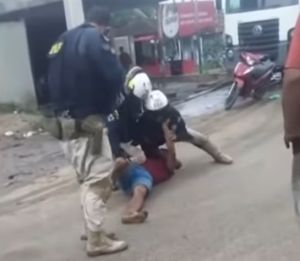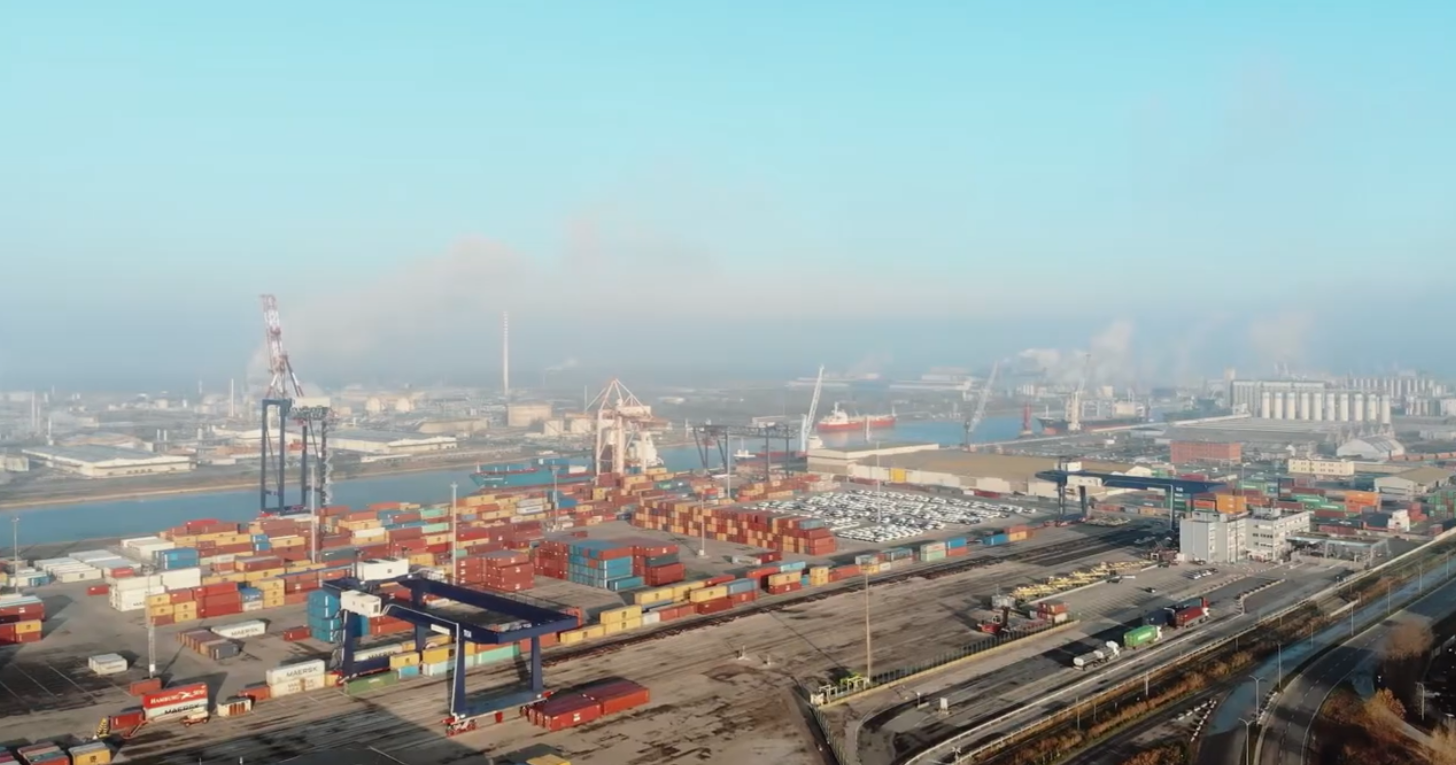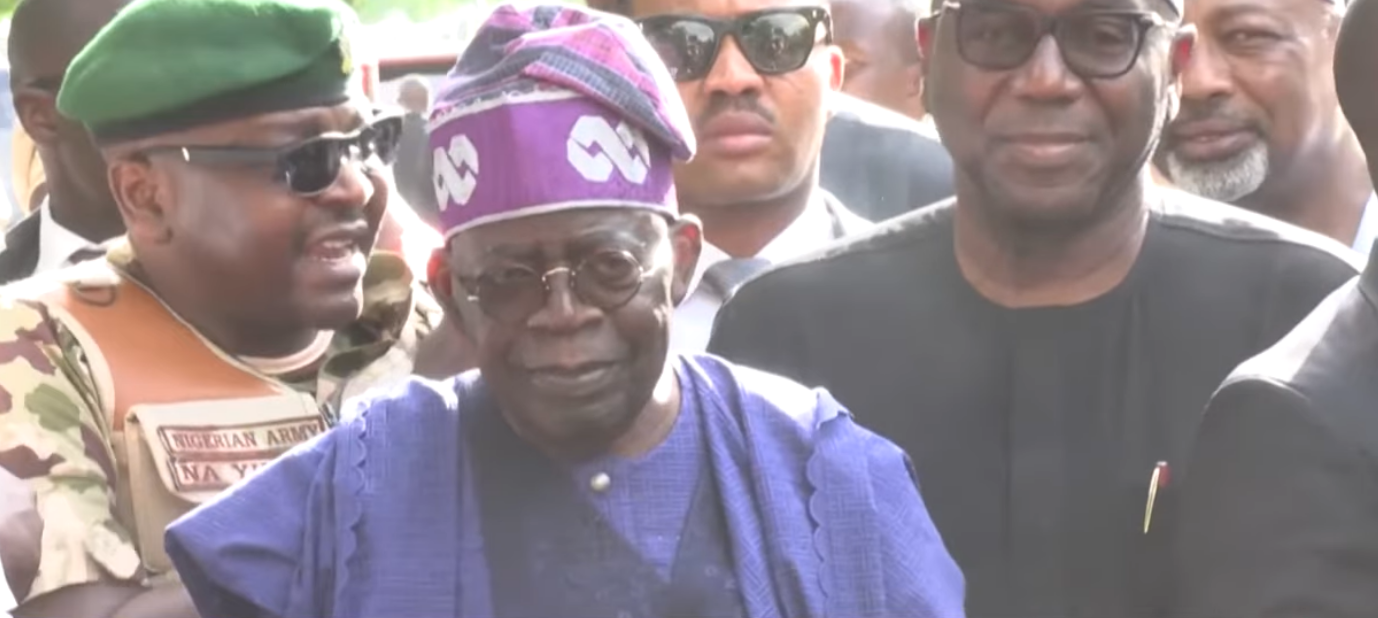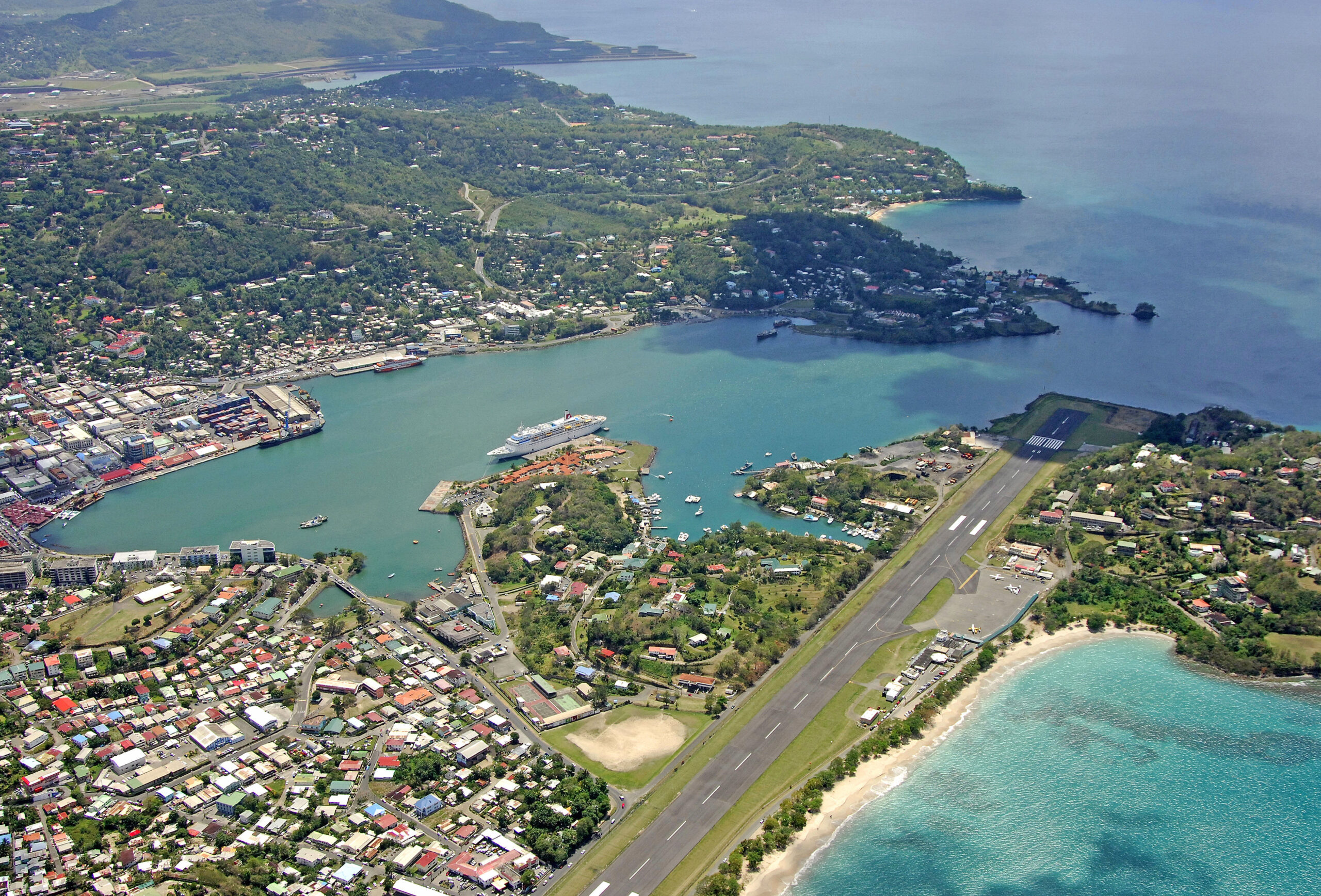By Human Rights Watch
Photos: YouTube Screenshots
(São Paulo) – The Brazilian government should comply with two new rulings by the Inter-American Court of Human Rights that found Brazil responsible for serious human rights violations by the police, Human Rights Watch said today.

The decisions, published on March 14, 2024, in cases involving police killings in São Paulo and Paraná states, come as São Paulo police are in the midst of ongoing raids in low-income neighborhoods that have left at least 45 people dead in the past month and a half. Brazil has not yet fully carried out the ruling on police killings issued by the court six years ago.
“The Inter-American Court’s rulings are about cases that happened more than 20 years ago, yet the problem of unlawful use of lethal force by police continues to this day,” said César Muñoz, Brazil director at Human Rights Watch. “Brazilian authorities should take immediate steps to comply with the court’s decisions and halt police abuses, which undermine public security and take a huge toll on the communities suffering the violence, and on the police force itself.”
The Paraná case focuses on the May 2, 2000, military police killing of Antonio Tavares Pereira, a member of the Landless Rural Workers’ Movement, and injuries to at least 69 other members. Police had blocked a road near Campo Largo to prevent about 1,500 rural workers from joining a march for agrarian reform in Curitiba. Officers used “less lethal” and lethal weapons against the crowd. Military prosecutors failed to press charges, and civilian prosecutors filed charges, but a civilian court dismissed them.
The second case involved an ambush by at least 53 police officers on March 5, 2002, that killed 12 suspects on a road near Sorocaba, a municipality in São Paulo state. Two police informers had allegedly convinced the men to rob a plane carrying cash, which in fact did not exist, and the men were on their way to the airport. Military police fired hundreds of rounds during the operation, known as “Castelinho.” One officer was slightly injured. Prosecutors said that the objective of the operation was to kill the suspects and charged the 53 military police officers with homicide, but state courts rejected the charges, ruling that they acted in self defense.
The Inter-American Court found serious failures in police investigations into both cases and said that Brazil should ensure independent investigations. In the Castelinho case the Court found that “the police and judicial authorities acted with such a degree of negligence in the preservation and collection of evidence that it leads the Court to the conclusion that they sought to prevent the investigation of the facts and secure absolute impunity for the extrajudicial execution of 12 people in a police operation.”
In the Tavares Pereira case, the Court ordered Brazil to ensure that military jurisdiction is not applied to crimes committed against civilians by police. In the Castelinho case, the Court ordered Brazil to ensure that prosecutors in São Paulo have adequate resources to investigate killings by military and civil police; to provide prosecutors and police internal affairs’ offices with body camera footage and geolocation of officers; and to temporarily remove officers involved in killings from street duty.

The rulings come as police continue deadly raids in Baixada Santista, a metropolitan area on the coast of São Paulo state. In 2023, 28 people were killed there during a 40-day police operation after the killing of a police officer. Human Rights Watch found important failures in the initial investigation of the killings by police.
After the killing of another officer on February 2, 2024, police carried out new raids in low-income neighborhoods in the area, killing at least 45 people so far in ongoing operations.
Human Rights Watch heard statements by family members and witnesses to the recent killings, some of them in the presence of the police ombudsperson and other civil society organizations during visits to the affected neighborhoods. Human Rights Watch found strong evidence of unlawful use of force in some cases, and received credible reports of intimidation, threats, tampering with evidence, and police obstruction of investigations.
Brazilian police killed 6,381 people in 2023, the vast majority of them Black. While some killings are in self defense, many result from illegal use of force. Human Rights Watch has documented scores of cases in which police failed to conduct adequate investigations, including by not visiting the crime scene; and forensic analysis did not comply with international standards. The poor quality of investigations is a longstanding problem.
In 2017, the Inter-American Court found that Brazil had failed to ensure independent and impartial investigations into the killing of twenty-six people in the Nova Brasília neighborhood in Rio de Janeiro during two civil police operations, in 1994 and 1995. The court found that the investigation by civil police was beset by “omissions and negligence,” that investigators failed to take “minimum measures required,” and that they lacked “diligence and independence.”
The court in 2017 ordered the Brazilian government, among other measures, to publish an official annual report with data on killings by police and the investigations conducted into each incident. It also ordered Brazil’s government to ensure that police killings, torture, and other police abuses are investigated by “an independent body, distinct from the public force involved in the incident,” with the support of forensic experts “unrelated” to the law enforcement agency that allegedly committed the abuse.

In a 2021 decision assessing Brazil’s compliance with the judgment, the Inter-American Court said that both the Brazilian government and victims’ representatives agreed that the prosecutor’s office was the independent body that should investigate police killings and other abuses in Brazil.
The measures ordered by the Court in the Nova Brasilia case would substantially improve investigation of killings by police, yet to this day, Brazil has not fully complied with them. The administration of President Luiz Inácio Lula da Silva published nationwide data about killings by police in 2023, but it doesn’t include information about investigations. Civil police continue to investigate killings by police, and forensic experts are either part of the states’ public security secretariat or part of the civil police itself, which does not guarantee independence.
Brazil has an obligation to comply with Inter-American Court of Human Rights rulings. While state governors oversee the state police, the federal government has the authority to coordinate states’ efforts and develop nationwide public policies. The Lula administration should promote reforms to ensure that forensic experts are fully independent and work with the Attorney General’s Office to publish complete data on killings by police and investigations into those cases.
A resolution that would ensure that prosecutors lead investigations into all killings by security forces, instead of letting police investigate themselves, is under discussion at the National Council of Attorney General’s Offices. The Council should approve it, Human Rights Watch said.
State governors should also take immediate steps to halt police abuse, including by requiring police to use body cameras and abide by protocols, and enacting guidelines to prevent retaliation operations after the killing of a police officer.
“The São Paulo state government has shown callous disregard for the lives of people killed during police operations,” Muñoz said. “The governor should respond to the Inter-American Court decision by designing a new public security policy that prevents crime and protects the health and lives of residents and police officers.”









